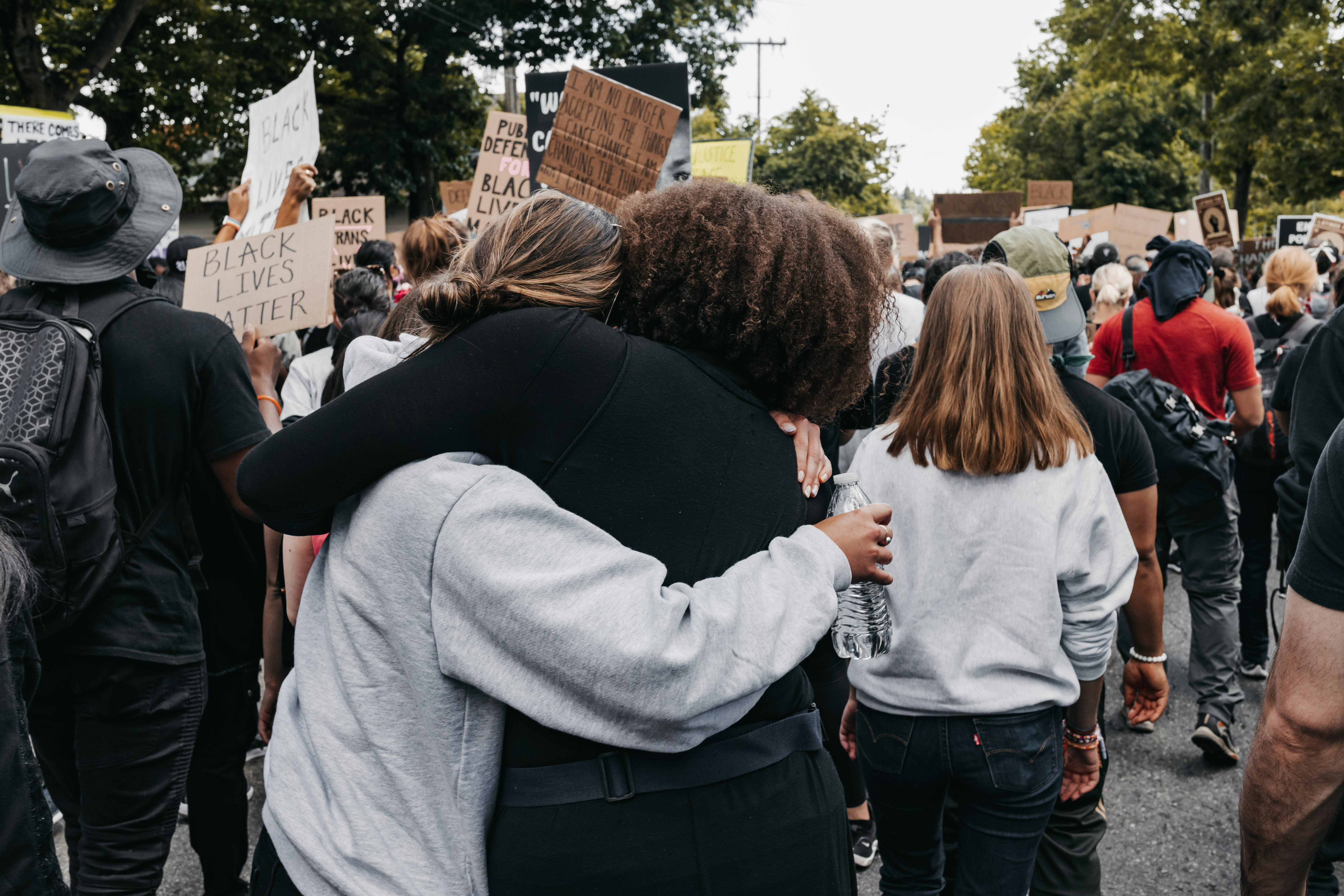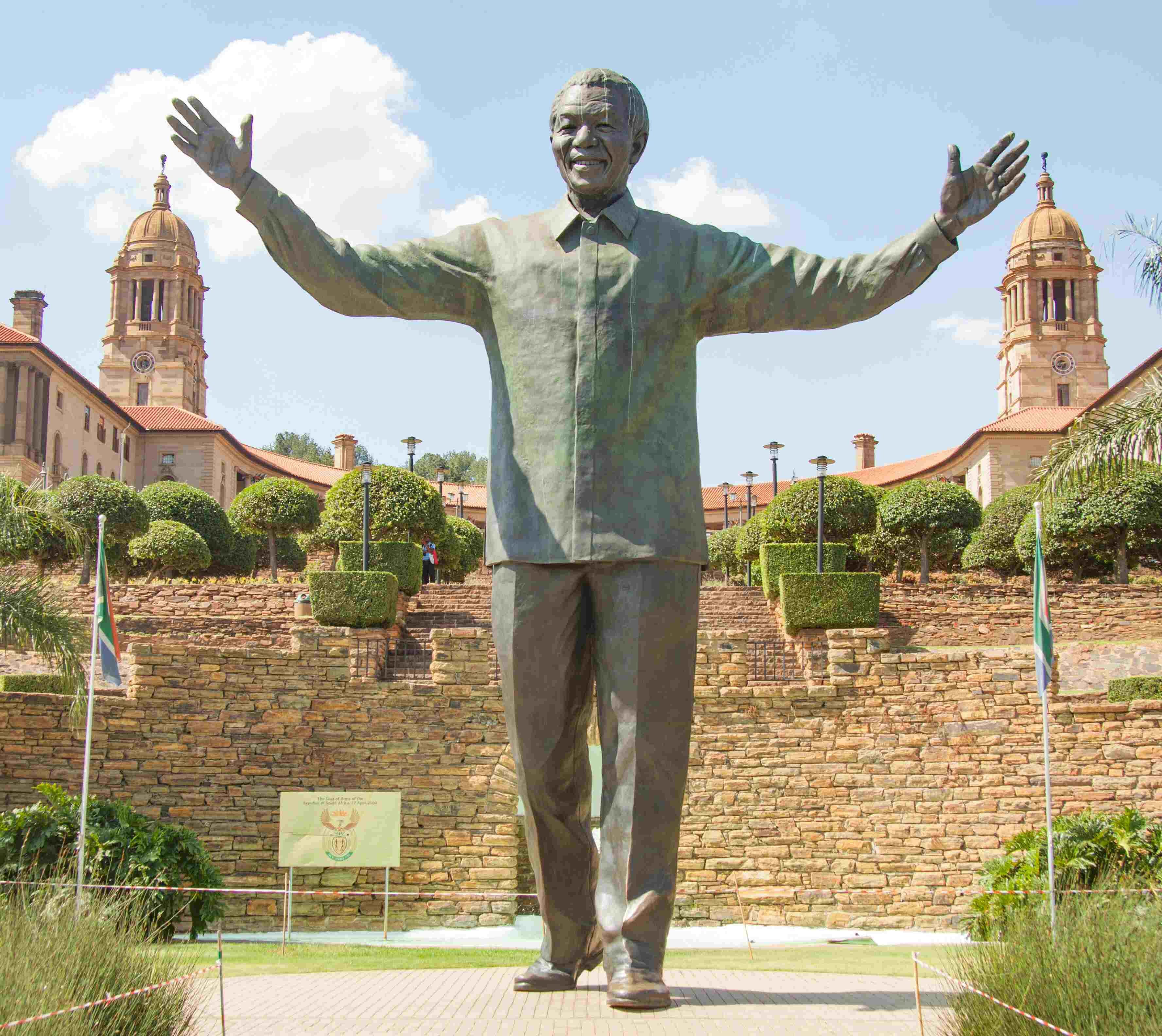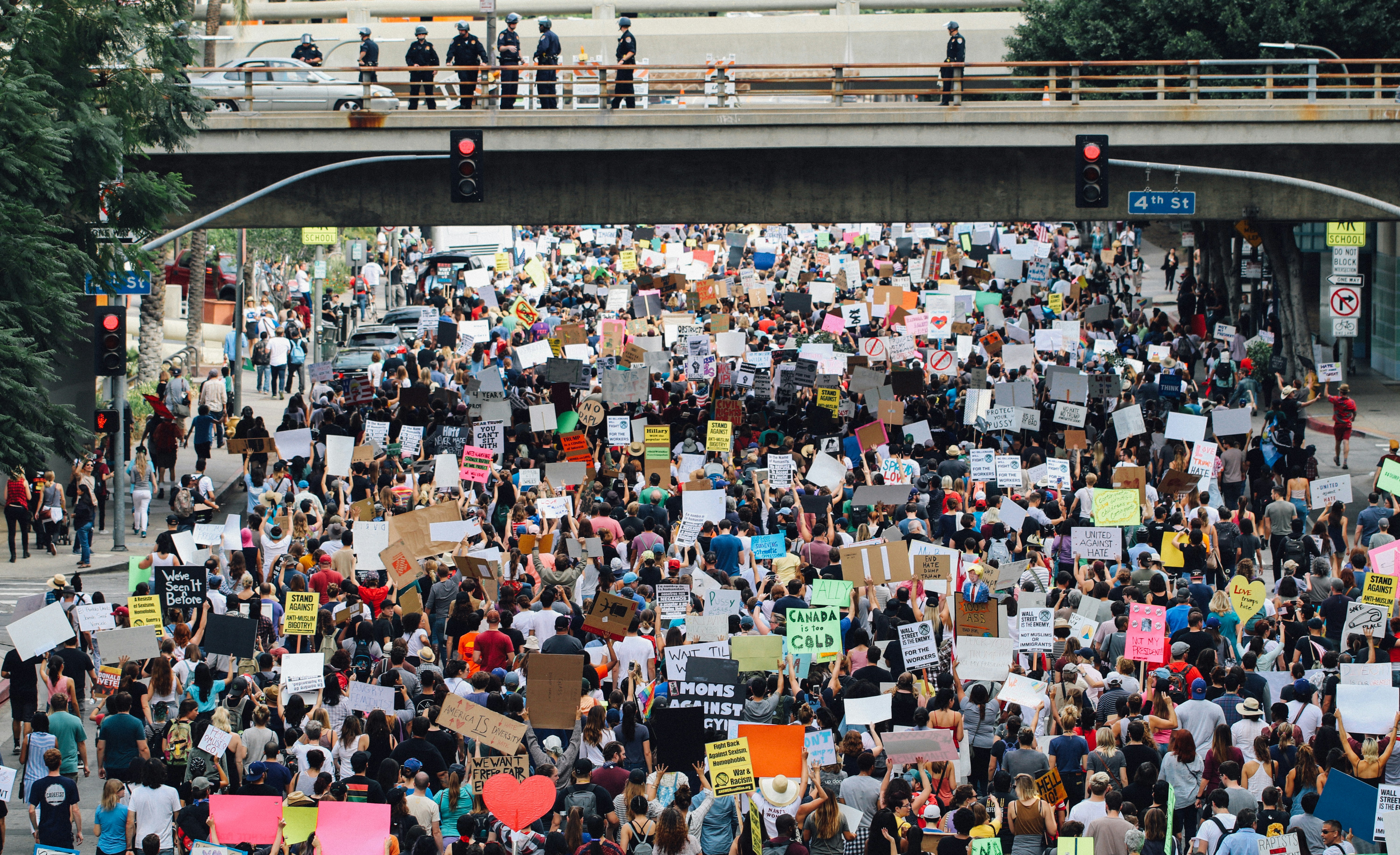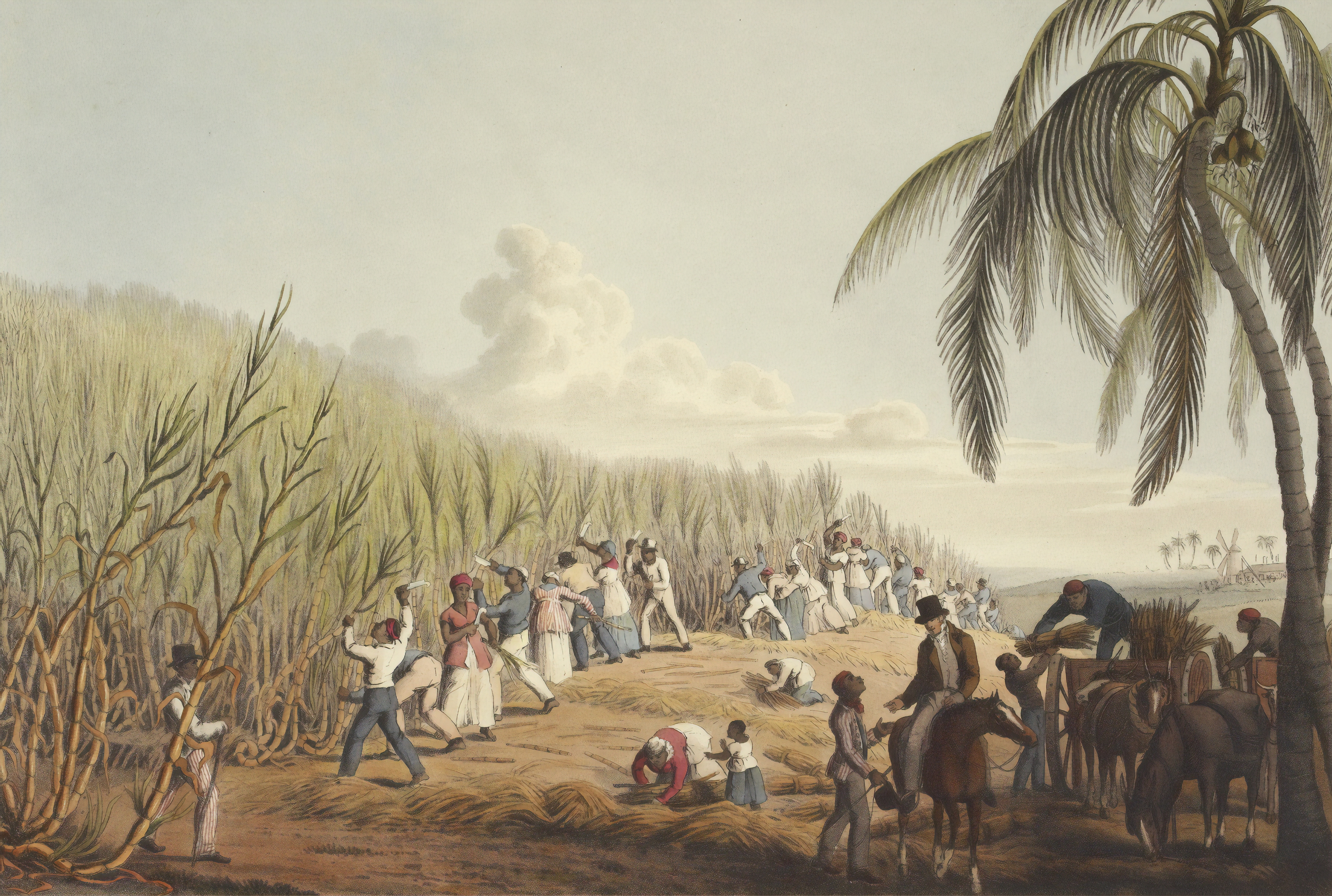Social justice is an underlying principle for peaceful and prosperous coexistence within and among nations. The concept of social justice advocates for equal access to wealth, opportunities, and privileges within a society. It underscores the progressive march towards a world where the barriers that people face because of gender, age, race, ethnicity, religion, culture, or disability are dismantled. Its intrinsic relationship with the Sustainable Development Goals (SDGs) is anchored in the shared vision of a better world, as espoused in the United Nations' 2030 Agenda for Sustainable Development. The SDGs are a call for action to end poverty, protect the planet, and ensure that all people enjoy peace and prosperity. These 17 interlinked goals recognize that strategies to improve health and education, reduce inequality, and spur economic growth must go hand-in-hand with tackling climate change and working to preserve our oceans and forests.
Social justice permeates each SDG, insisting that no goal can be met without meeting the needs of the most vulnerable and marginalized populations. For example, SDG 1, "No Poverty," is deeply rooted in the ethos of social justice, emphasizing the right of all individuals to lead a life with dignity and without poverty's crushing burden. SDG 5's focus on gender equality is a clear mandate for social justice, addressing structural inequalities that women and girls face. Social justice also informs SDG 10, which focuses on reducing inequality within and among countries, encapsulating the essence of a fair global economic system. Furthermore, by recognizing the multifaceted nature of deprivation that goes beyond the economic to include lack of access to justice, education, and health services, social justice becomes the multifiber thread interwoven through the fabric of the SDGs.
The indivisibility of the SDGs mirrors the breadth of social justice, and their achievement relies on ensuring that social justice is not an abstract ideal but a lived reality for all. The synergistic relationship between social justice and the SDGs requires policies that encapsulate the principles of equity, participation, and rights. In doing so, it necessitates the dismantling of systemic barriers to justice, fostering inclusive growth, and building accountable institutions. As the world grapples with unprecedented challenges like the COVID-19 pandemic, climate change, and political instability, the role of social justice in shaping responses and recovery efforts becomes even more prominent. It offers a blueprint for inclusive and sustainable solutions that uphold human dignity, demonstrating that the SDGs are not just aspirational targets, but also imperatives for a just world. By addressing the systemic injustices that perpetuate inequality, social justice serves as the lynchpin in the wheel of sustainable development, catalyzing the transformation of societies to be more inclusive, equitable, and resilient in the face of current and future challenges.
International Day Against Drug Abuse and Illicit Trafficking 2026
The International Day Against Drug Abuse and Illicit Trafficking is observed each year on June 26. Proclaimed by the United Nations General Assembly through resolution 42/112, this day calls attention to the global impact of drug abuse and trafficking. It urges governments, institutions, and civil society to take coordinated action to prevent drug-related harm and address the challenges associated with organized crime and public health.
World Press Freedom Day 2026: Promoting Freedom of Expression
Observed annually on May 3, World Press Freedom Day highlights the vital role of journalism in protecting democratic values and fostering informed societies. Established by the United Nations General Assembly in 1993, the day marks the anniversary of the Declaration of Windhoek, a milestone in defending press freedom.
Origins and Purpose
Since its inception, World Press Freedom Day has served as a platform to:
World Day of Social Justice 2026: Promoting Equality, Inclusion, and Human Rights
Observed annually on February 20, the World Day of Social Justice highlights the importance of addressing global challenges such as poverty, exclusion, unemployment, gender inequality, and human rights. Established by the United Nations General Assembly in 2007 (A/RES/62/10), this day advocates for social justice as a foundation for peace, equality, and sustainable development worldwide.
International Day of Education 2027
Event Date: Saturday, 24 January 2027
Recognizing Body: United Nations General Assembly
Short Event Descriptor: An annual United Nations observance recognizing education as a human right and a foundation for peace and sustainable development.
What the International Day of Education Is
International Human Solidarity Day 2026: Celebrating Unity and Collective Action for a Better World
Observed annually on December 20, International Human Solidarity Day emphasizes the importance of solidarity in addressing global challenges like poverty, inequality, and social exclusion. Established by the United Nations General Assembly in 2005, the day calls on governments, organizations, and individuals to work together to achieve the Sustainable Development Goals (SDGs) and promote human and social development across all nations.
The International Day for Tolerance 2026: Promoting Respect and Understanding Worldwide
Observed annually on November 16, the International Day for Tolerance was declared by UNESCO in 1995 to raise public awareness about the dangers of intolerance and to promote understanding and respect among diverse cultures and communities. The day encourages global dialogue and cooperation to foster tolerance, human rights, and peace.
Origins and Background
2025's Nelson Mandela International Day: Celebrating Unity and Service
Celebration and Recognition
Nelson Mandela International Day is celebrated annually on July 18th, Mandela's birthday, honoring his legacy and the values he stood for. In 2025, this day calls upon individuals worldwide to dedicate 67 minutes of their time to community service, reflecting the 67 years Nelson Mandela devoted to fighting for social justice.
Origin and Global Involvement
The Right to Protest: online panel discussion
LexisNexis is hosting a free, online panel discussion in partnership with the International Law Book Facility (ILBF) to explore the right to protest.
24th January 2024 at 17:00-18:30 GMT
The panel discussion, moderated by James Harper, General Counsel of Global Nexis Solutions - part of LexisNexis, supports the ILBF's law undergraduate essay competition 2023-2024, that asks law undergraduates the question: ‘Should the right to protest be unfettered?’
International Day of Remembrance of the Victims of Slavery and the Transatlantic Slave Trade 2026
Honoring Memories, Fostering Resilience
The annals of history bear witness to the atrocities and enduring impacts of slavery and the transatlantic slave trade. The International Day of Remembrance of the Victims of Slavery and the Transatlantic Slave Trade serves as a poignant reminder of this dark chapter in human history and its lasting effects on societies worldwide.
The Significance of the Day










